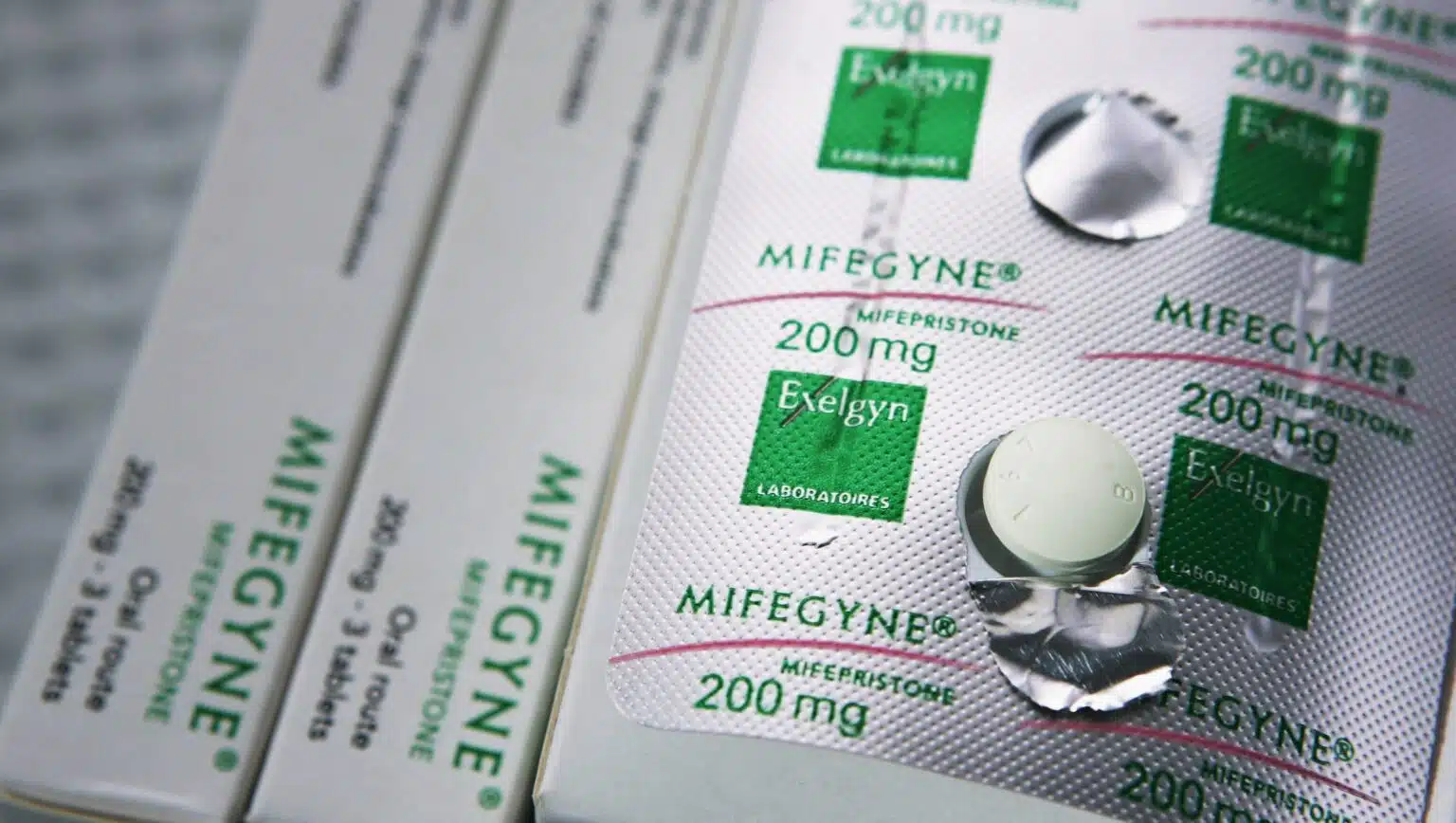On Friday, federal judges in Texas and Washington plunged the future of mifepristone into legal uncertainty. Mifepristone is a crucial drug for abortion, and people of colour and those from low-income backgrounds consider it a less costly option.
Table of Contents
U.S. District Judge Matthew Kacsmaryk in Texas, appointed by Trump, ruled and halted the government’s drug approval, which reduced access to the medication across the nation.
Within some other minutes, there was an order by the other federal judge, Thomas O. Rice, in Washington, who is an appointment of the Obama government; he ordered the FDA not to make any changes to the accessibility of the drug to the 17 states and D.C. and sued to expand access to mifepristone.

As a consequence of the rulings on a shorter term, the access to mifepristone stays unchanged because Kacsmaryk has been given seven days for the appeal to the government.
Would it impact safe abortion and miscarriage?
After the landmark case of Roe v. Wade was overturned, this ruling would have consequences for the miscarriage of care and access to safe abortion. This ruling is to be held by the nation’s Supreme Court justices. The other next worry for the advocates of abortion rights is access to the drug, which has long been hailed as safe by regulators and federal judges.
There is pressure on the FDA, and they can’t do anything about it. They would push to revoke the approval of mifepristone. However, this ruling has made it clear that healthcare providers would not be allowed to prescribe mifepristone even in the states where abortion is legal. Moreover, the legislation does not impact the clinical procedure of abortion care.

A coalition led by the conservative legal advocacy organization Alliance Defending Freedom filed a lawsuit in the federal court in Amarillo, Texas. It elaborated that there are certain risks associated with the drug, and it should not be pulled from the market.
FDA approval paused.
The stay to approve the order of the lawsuit continues; however, the plaintiffs wanted the approval for the drug to be withdrawn immediately.
The analysis released on February 10 by NARAL has revealed that it has not affected access to abortion for about 64.5 million women of reproductive age nationwide. Lorie Chaiten, the senior attorney for the ACLU’s Reproductive Freedom Project, has confirmed that the ruling could create unprecedented disruptions to access to healthcare. The law could unleash a public health crisis that has removed the options for care for millions of people.
Conservatives welcomed the lawsuit.
On Friday, the Conservatives welcomed it and celebrated the lawsuit out of Texas. A senior counsellor, Erik Baptist, was confident of this victory for the doctors and medical associations. They further explain that their emphasis is on the safety of women and girls.

However, Kamala Harris has warned of its unprecedented impact on the accessibility of medication prescribed by doctors for Americans. In a nutshell, this undermines the power of the FDA to approve safe and effective medicines—from chemotherapy drugs to asthma medicine, blood pressure pills to insulin—based on science, not politics.
In Texas, Kacsmaryk has taken the side of anti-abortion groups. Several legal experts believe it not to be an accidental complaint filed in Amarillo, Texas. Kacsmaryk, the conservative federal judge, was an appointment of Trump and has a history of conservative rulings.
The Alliance Defending Freedom has filed the suit, which is believed to be an anti-LGBTQ hate group by the Southern Poverty Law Center. This group has categorically rejected this categorization and declared it a deliberate misclassification.
Rush to consider misoprostol over mifepristone.
There has been a rush to adopt misoprostol as the only protocol and option for medication abortion. Clinics are already trying to order more drug supplies. This drug has been widely believed to be a safe and effective alternative to mifepristone and misoprostol. There have been other studies as well that found misoprostol-only methods to be less effective than two-step regimens.

This ruling is believed to impact marginalized communities because options like abortion medication are opted for because they are less costly than the other options available. This ruling disproportionately affects people of colour and low-income people. A Centers for Disease Control and Prevention study found that 67% of abortion seekers were non-white.












